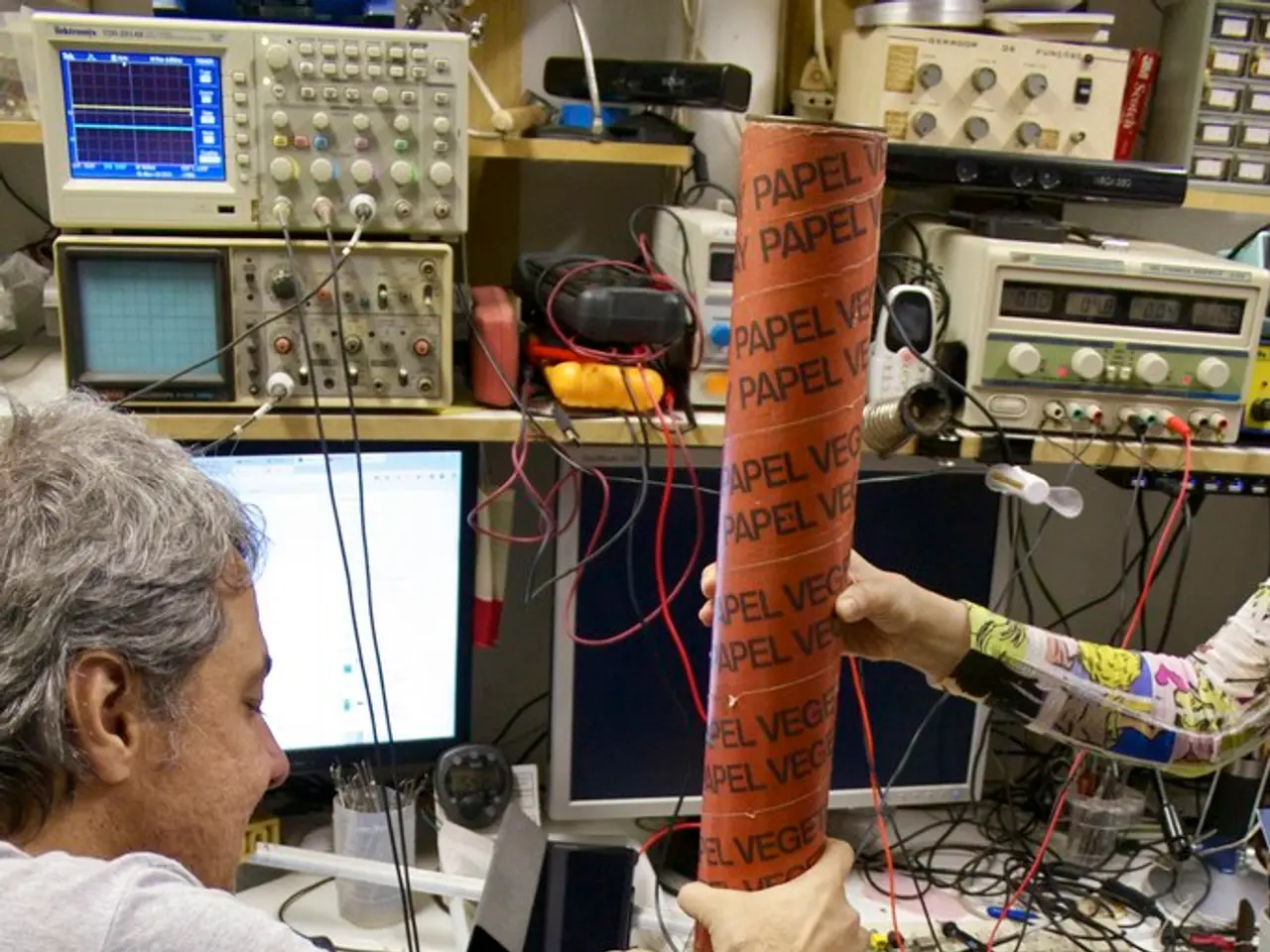Effect of Simplicity on Mental Health and Wellness
In today's fast-paced world, adopting a minimalist lifestyle can have significant benefits for our cognitive well-being, particularly in the digital age. By applying minimalist principles to our daily lives and digital habits, we can reduce cognitive overload, enhance focus, and lower stress and anxiety levels.
The reduction of cognitive overload is one of the key advantages of minimalism. By decluttering physical and mental spaces, we decrease the volume of stimuli the brain must process at any given time. This results in a reduction of constant demands on attention and working memory, lowering cognitive load and making it easier to concentrate.
Minimalism also enhances focus by streamlining tasks and providing a clear overview. This allows individuals to concentrate on the most important activities without becoming overwhelmed by an excessive number of commitments or distractions, leading to improved task efficiency and mental clarity.
Moreover, minimalism plays a crucial role in reducing stress and anxiety levels. By simplifying environments and choices, minimalism reduces decision fatigue and the mental noise that contribute to anxiety. This sense of calm and control is particularly significant in the digital age, where technology can often be a source of distraction and stress.
Certain digital tools and apps are designed to help streamline tasks, organize information, and reduce digital clutter. By being more selective about the digital content we consume and adopting strategies such as setting specific times for checking emails and social media, unsubscribing from unnecessary digital communications, and choosing to engage with technology in a way that adds value to our lives, we can further enhance our digital wellbeing.
Supporting evidence for these benefits comes from lifestyle interventions, such as the U.S. POINTER clinical trial, which showed that broader lifestyle changes that include simplification, structured planning, and cognitive challenges can improve cognitive health and delay cognitive decline in older adults at risk of dementia. While this trial focused on multiple lifestyle factors, the principles of reducing complexity and structured engagement align with minimalist ideals that support cognitive well-being.
In conclusion, a minimalist lifestyle enhances cognitive well-being by reducing unnecessary mental clutter, thereby easing the burden on cognitive processing, improving concentration, and mitigating stress and anxiety. These benefits support healthier brain function and may contribute to delaying cognitive decline. By consciously reducing our digital footprint and interactions, we can reap the rewards of a more focused, stress-free, and productive life.
- The brain processes fewer stimuli when we declutter physical and mental spaces, leading to a reduction in cognitive load.
- Streamlining tasks and providing a clear overview is another advantage of minimalism, resulting in enhanced focus and improved task efficiency.
- Minimalism plays a vital role in stress and anxiety management by reducing decision fatigue and mental noise, thus allowing individuals to find a sense of calm and control.
- In the digital age, being selective about digital content consumption and adopting digital detox strategies can further enhance digital well-being.
- Lifestyle interventions show that simplification, structured planning, and cognitive challenges can improve cognitive health and delay cognitive decline, aligning with minimalist ideals.
- The benefits of minimalism include mental clarity and improved concentration, easing the burden on cognitive processing.
- Science proves that a minimalist lifestyle can contribute to healthier brain function, delaying cognitive decline, and improving cognitive well-being.
- By reducing excessive digital interactions, we can reap the rewards of a more focused, stress-free, and productive life.
- Adopting mindfulness habits, such as meditation, can further support cognitive well-being and stress management in today's fast-paced digital age.




